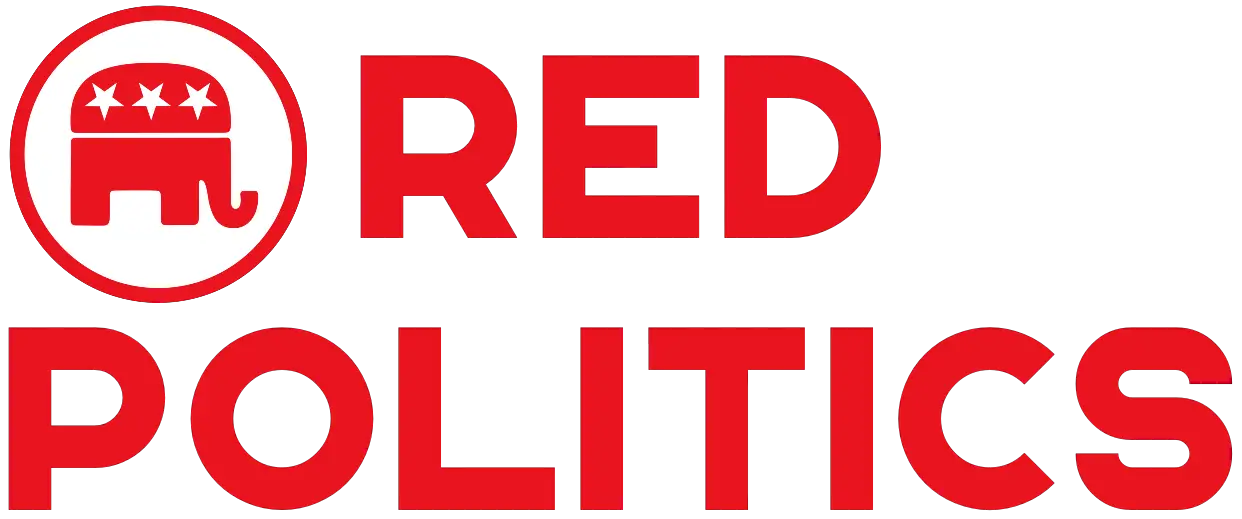
The political landscape is often likened to a game of chess, with each move meticulously planned and executed. However, the recent GOP debate at Milwaukee’s Fiserv Forum threw in a move that even the most seasoned political analysts didn’t see coming. Before the main event could even commence, a storm of controversy was already brewing at the entrance.
As attendees, journalists, and political enthusiasts began to assemble, a hushed conversation began to circulate about a discreetly placed document near the entrance of the debate’s “spin room”. This wasn’t just a routine piece of paper; it was a list, and not just any list, but a blacklist. And the names it bore were some of the most prominent in the conservative arena.
Leading this list were three individuals who have been at the epicenter of the Trump era: Jason Miller, Justin Caparole, and Danny Tiso. These weren’t just background players; they were the main actors, having played instrumental roles in the narrative and strategy of the Trump administration.
But the intrigue didn’t stop there. The list also spotlighted members of the Larry Elder campaign. Elder, a formidable voice in conservative politics, has been a force to reckon with, and the barring of his campaign members was nothing short of a political bombshell. Adding to the enigma were individuals holding a specific Vivek Ramaswamy “1776 moment” pass. The document was painstakingly detailed, even going so far as to include photographs of the blacklisted individuals, ensuring there was no room for ambiguity.
The corridors of the Fiserv Forum were abuzz with one burning question: “Why?” What could be the reasoning behind sidelining such influential figures from a pivotal event in the Republican calendar?
Earlier in the week, there had been murmurs about the Trump campaign’s aspirations. They had expressed a desire for several of their key figures, including luminaries like Kari Lake and Donald Trump Jr., to attend the debate. Such presences are often strategic, aimed at providing immediate reactions and shaping the post-debate narrative. However, these ambitions were met with a resounding no by Fox News, the debate’s host.
In a move that many saw as quintessential Trump, the former president had a counter-strategy in place. Instead of attending the debate, he orchestrated an exclusive interview with the renowned former Fox News host, Tucker Carlson, at his opulent Bedminster golf course in New Jersey. The timing was nothing short of genius, with the interview set to air just moments before the debate, potentially splitting the viewership.
The decision to exclude these pivotal figures from the debate has sent ripples through the political community. Theories and speculations are rampant. Some suggest it was a move to control the debate’s narrative, while others believe it was a strategy to prevent potential off-stage controversies. There’s even talk of internal party politics and personal vendettas playing a role.
Whatever the underlying reasons, this blacklist has undeniably overshadowed the GOP debate. The narrative has shifted from the content of the debate and the participants to those who were conspicuously absent. In the intricate ballet of politics, this move has introduced a new set of dynamics, the repercussions of which will be felt long after the debate’s conclusion.
As the journey to 2024 continues, this episode serves as a stark reminder of the unpredictability of politics. In this ever-evolving landscape, the only guarantee is that more surprises await on the horizon.
Source Trending politics

